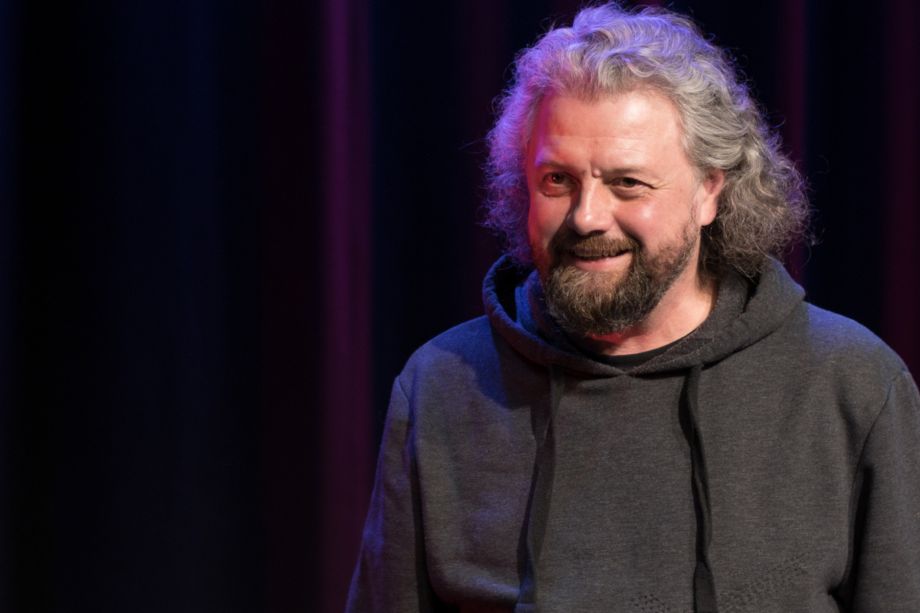
Interview with the Tucholsky prize winner 2021 Dmitry Strotsev
The Tucholsky Prize for 2021 is awarded to the Belarusian poet Dmitry Strotsev. The prize is awarded by Swedish PEN and is handed out today by the Minister for Culture of Sweden in connection to Swedish PEN:s yearly solemnization of the Day of the Imprisoned Writer on the 15h November at Bonniers Konsthall in Stockholm.
The motivation for the prize reads:
»for his courage and his distinctive ability to give artistic form to the Belarusian people’s uprising. Strotsev is the creator of a poetics of the moment, who has become a symbol of the unrelenting poets of the revolution«
On October 21 in 2020, Strotsev was sentenced to thirteen days in prison for his attendance in an illicit demonstration. The well-known poet had regularly participated in the peaceful protests after the presidential election on the 9th of August 2020 and continuously described his perspective of the events. Each day he wrote one poem in opposition to the regime which was widely shared on social media and translated to a dozen languages. Strotsev was subsequently released from the notorious Okrestina Detention Centre.
The winner's Swedish translator, the poet and playwright Dmitri Plax, has done a short interview with Strotsev, who is traveling and is now on his way to Stockholm to receive the award.
What does the Tucholsky Prize mean to you?
Swedish PEN’s award is, above all, a surprise to me. Yes, I have three slender books in Swedish - two books of poetry and one essay about the events in Belarus after the 2020 elections. So even though I am slightly represented in Sweden, I am nevertheless surprised about my Swedish colleagues’ choice - I must endeavour to understand it. It is both a challenge, an honour and a responsibility for me.
What does the award mean for Belarus?
Two Belarusian authors have already been awarded the Tucholsky Prize - Svetlana Alexievich in 1996 and Uladzimir Nyaklyayew in 2011. Both Alexievich and Nyaklyayew are important names, and not just in Belarus. The fact that I have now been awarded this prestigious prize as well, bears witness to the uninterrupted and well-disposed Swedish attention devoted to the Belarusian drama, a drama that has been ongoing for more than a quarter century. Belarusians need support and validation, today more than ever. We need to know that the whole world understands popular resistance against this inhumane regime as a civilized and moral cultural action.
You are outside of the country right now. Will you return to Belarus and if so - will the Tucholsky Prize function as a means of protection for you?
I already bought the tickets - I will travel back home from Sweden. At home, in Belarus, I will not be congratulated by my colleagues at the Belarusian PEN Centre, of which I am a member, since Belarusian PEN has been liquidated by this illegitimate authority and PEN’s board has been forced into exile. And the Tucholsky Prize will scarcely protect me. If anything, it will attract the authority’s malignant attention, stirring its irritation. But it is important for me to bear witness to Belarus from inside Belarus itself. To share both in the risks taken by Belarusians, and in the hope for a brighter future.

